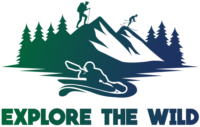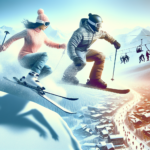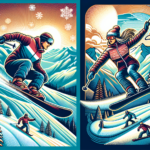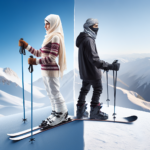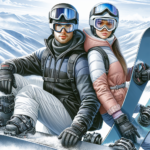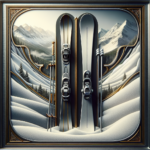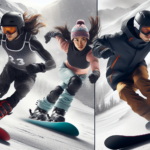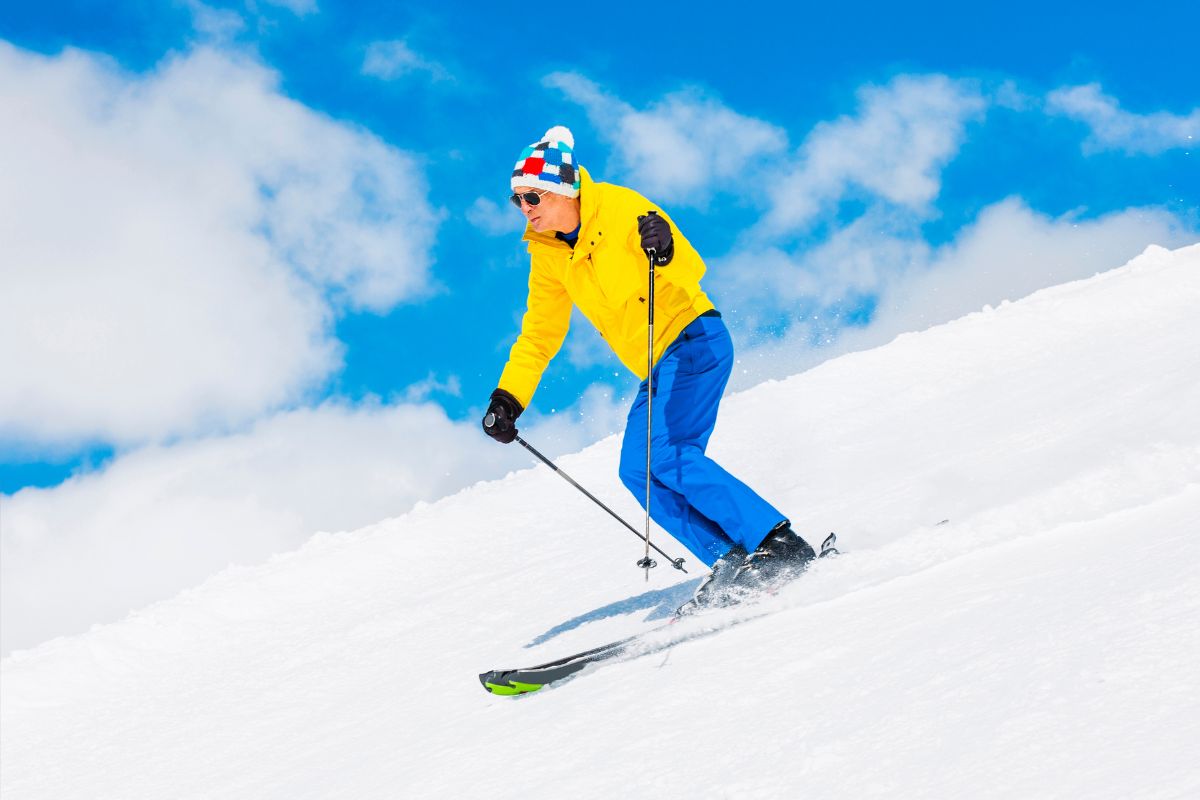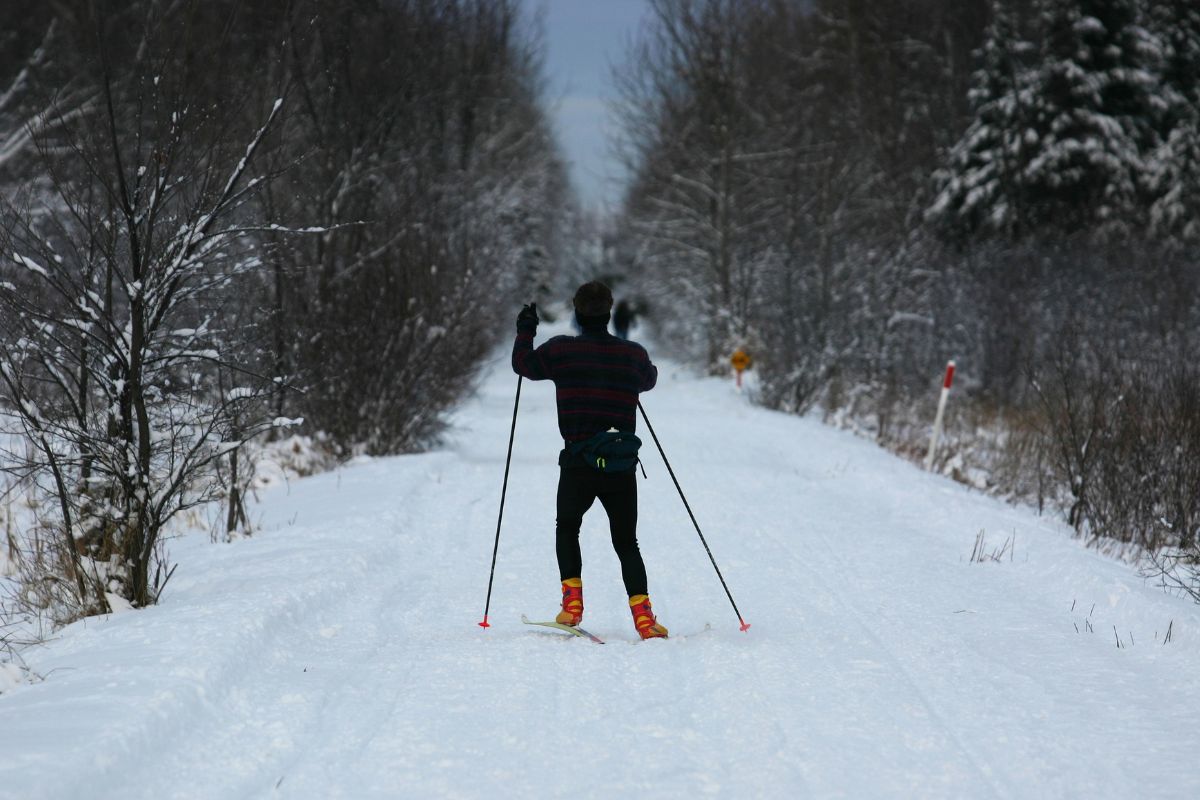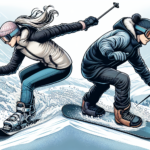Have you ever seen someone tearing down the slopes on their board and had that pang of envy? Well, chances are that you have thought about getting into snowboarding.
But what’s holding you back? One of the most common anxieties people have is difficulty level.
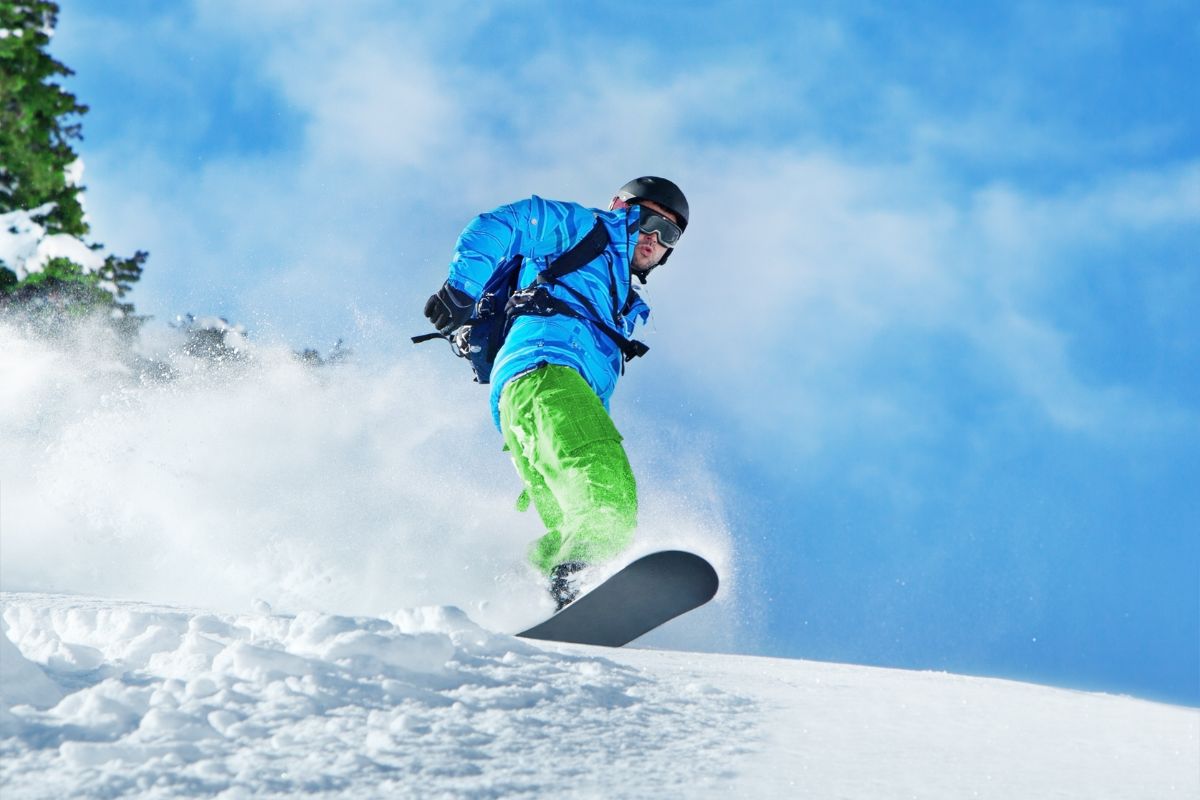
Well, snowboarding, just like any other extreme sport, does take a lot of practice and patience. Generally, it is a lot more intense than skiing, but if you like velocity, then it could be a lot more rewarding for you.
But how hard is snowboarding? Well, we’ll be looking at some of the challenges that you might face with snowboarding as well as how a lot of snowboarders overcome those challenges.
Only after reading this article, will you know if you’ve got what it takes.
Snowboarding For Rookies
If you’ve never touched a snowboard before, then the nagging question might be: how difficult is it to get started? Well, half of the battle is getting over those first-day nerves.
Because the truth is that you can start to snowboard even after a few days of learning. Balancing on the board repeatedly is what you will need to do to get good.
During these early days, it is important to be patient and not try and get ahead of yourself. You’re not going to become a professional snowboarder overnight, so it is crucial that you pace yourself.
You’ll need to make sure that you get the basics down, especially the techniques that will help you to stay upright on the board itself.
Also, be prepared to fall over! Making mistakes like falling flat on your back or face will give you better resistance to falls and will help you overcome the fear of falling, making you more confident when it comes to achieving complex moves.
How Long Does It Take To Learn To Snowboard?
This question will really vary from person to person. On average, it will take someone 3 days of continuous snowboarding before they can stand securely on a board and even attempt a modest slope.
However, there are people out there who are just naturally better at snowboarding. This is because they have a strong core, good posture and a better sense of balance.
These people will be able to master more complicated moves a lot quicker.
If you have already mastered a previous sport such as surfboarding or wakeboarding, this will also give you a natural advantage when it comes to snowboarding. This is because these sports also require a lot of balance and natural coordination.
Do not be put off if you have not tried these sports before you take up snowboarding. It is all about having the right attitude.
If you are not afraid to keep trying, then you stand more of a chance of getting better at this sport.
You should also not be too egotistical to take lessons.
Someone who takes lessons from a qualified or experienced snowboarder will be able to learn a lot quicker than someone who just jumps on the board and tries learning complicated moves they saw on YouTube.
Is It Wise To Snowboard Without Having Lessons?
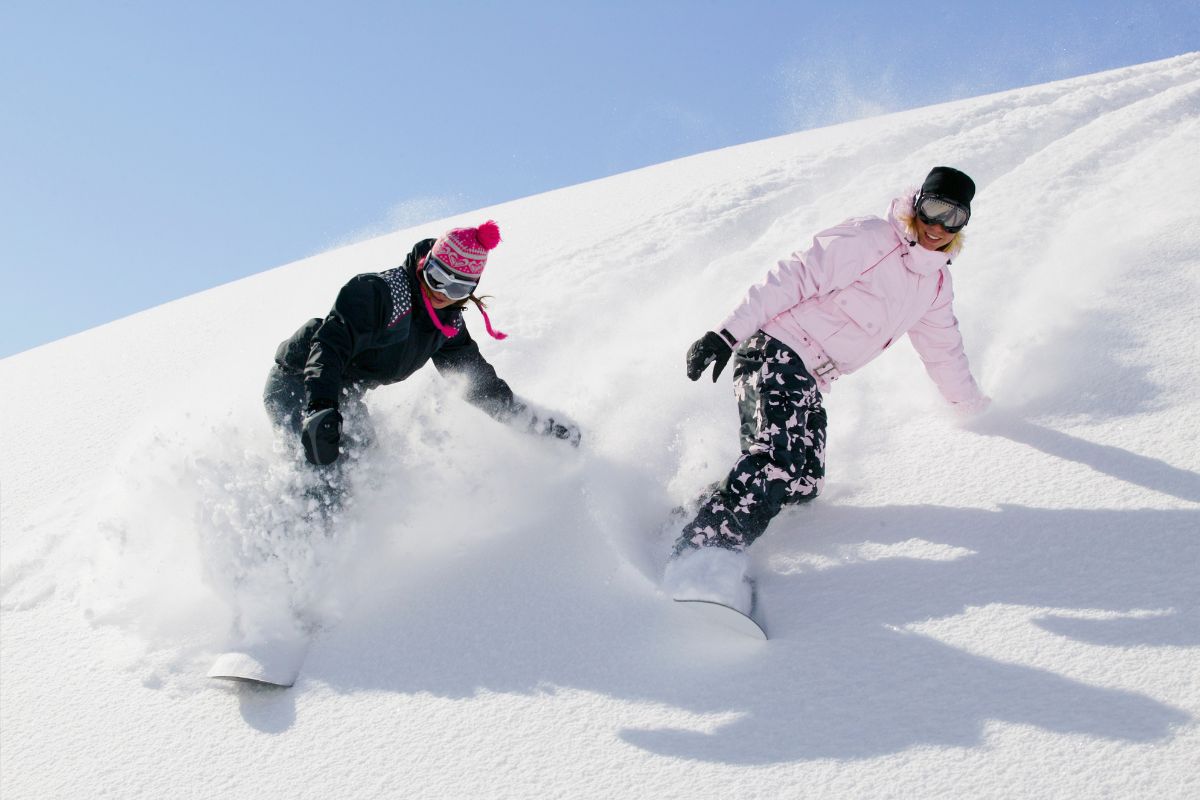
You could learn to snowboard without having, but it will take you a lot longer.
Also, you will be much more susceptible to injury, as a snowboard instructor will teach you important lessons in form, balance and how to fall properly (see also “How To Teach Kids To Ski“).
Instructors will teach you some of the most common challenges that a lot of snowboarders face and will tell you how to avoid them.
Snowboarding lessons shouldn’t prove too costly. If you have group lessons, this will generally be cheaper than if you were to have lessons all by yourself.
An instructor will also teach you confidence. Knowing these tips and tricks will help you gain assertiveness on the board, which means that you will progress a lot faster than someone who has not had any lessons.
What To Expect On Day One Of Snowboarding
But you still might be experiencing some serious nerves when it comes to hitting the slopes for the very first time. What sort of thing can you expect?
The first thing that your instructor will probably teach you is called skating around. This is when you strap one foot onto the snowboard and skat around with your other foot planted firmly to the floor for stability.
Once you are confident in this, then you’ll probably learn more complicated beginner maneuvers such as how to stop and go, heel slides, toe slides and how to turn yourself on the board.
One of the other things that you’ll be taught is not to put your hands out in front of you when you fall. This is because you could cause some serious damage to your wrists.
You should ideally turn your body and go limp so that you do not break any bones.
Then you’ll be taught how to slide forward on a small slope, also called a bunny hill.
Once you have mastered these basics, then you’ll pretty much learn how to snowboard. Simple, huh?
The best way to get good quicker is to practice. Make sure that you are going out on your board as much as possible until you and it are practically one.
You’ll eventually learn how to move with your board, falling in the correct way and knowing how to stop yourself in time.
What To Wear For Snowboarding
You’ll want to make sure that you have the appropriate clothing, such as an insulating layer, goggles, gloves and ChapStick to stop your lips from drying out.
You’ll want to stay warm and dry, having clothing that will not impede your movements.
Another key thing is sunscreen. Just because you are in the snow, doesn’t mean that the sun can’t get really, really hot and burn you!
Conclusion
We hope that our guide to beginner snowboarding has given you the confidence to get out on the slopes and cut up some serious snow. Remember that all you need is confidence, patience and a very good instructor!
- How to Choose a Skim Board - September 10, 2023
- is Skim Boarding Hard? - February 8, 2023
- How To Wax a skim board - February 8, 2023
